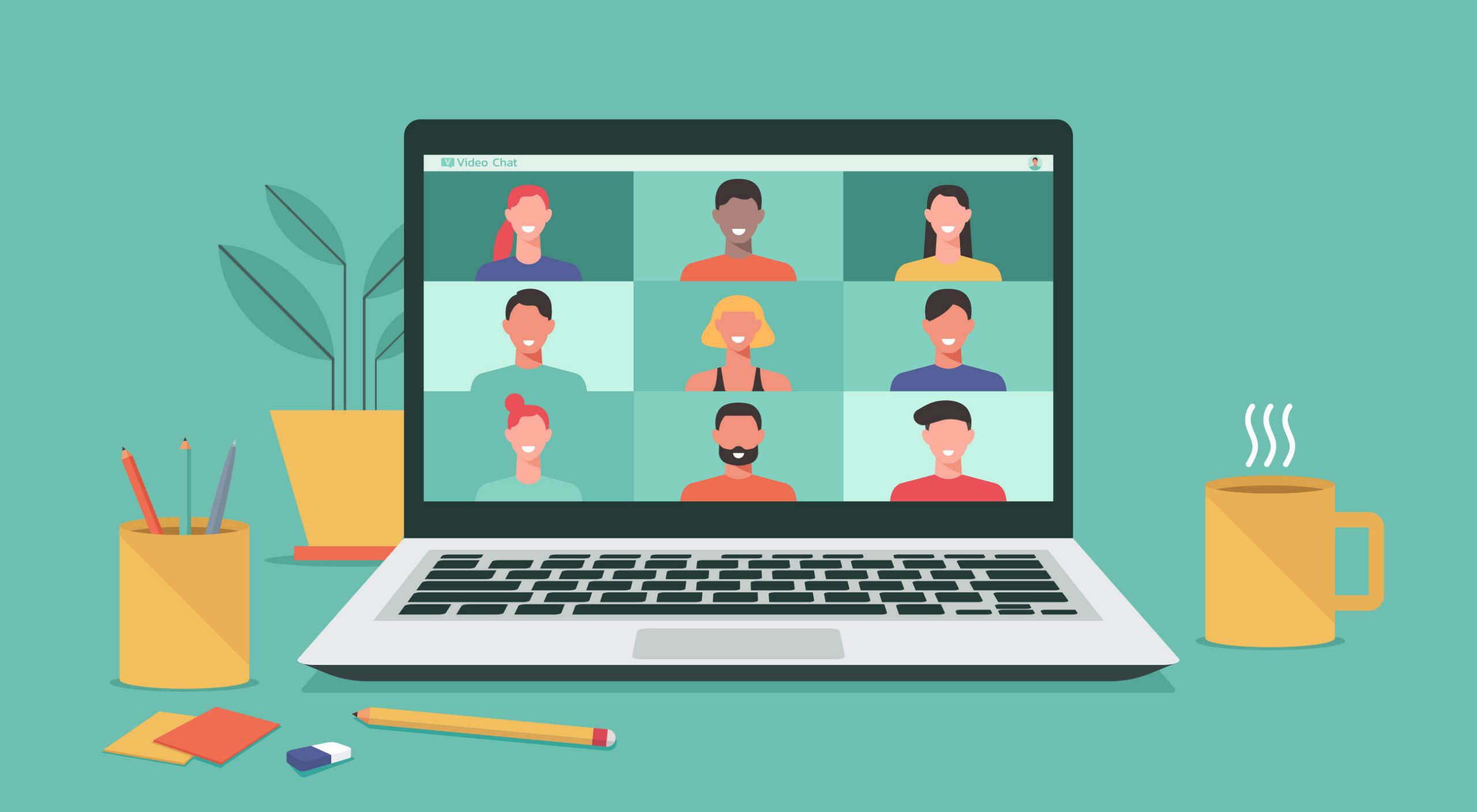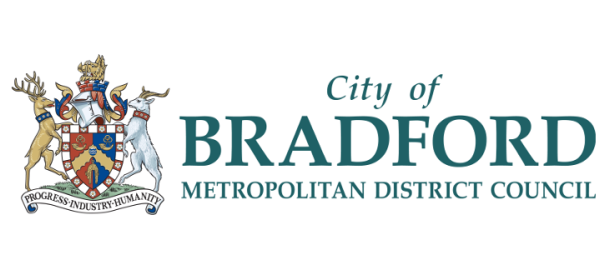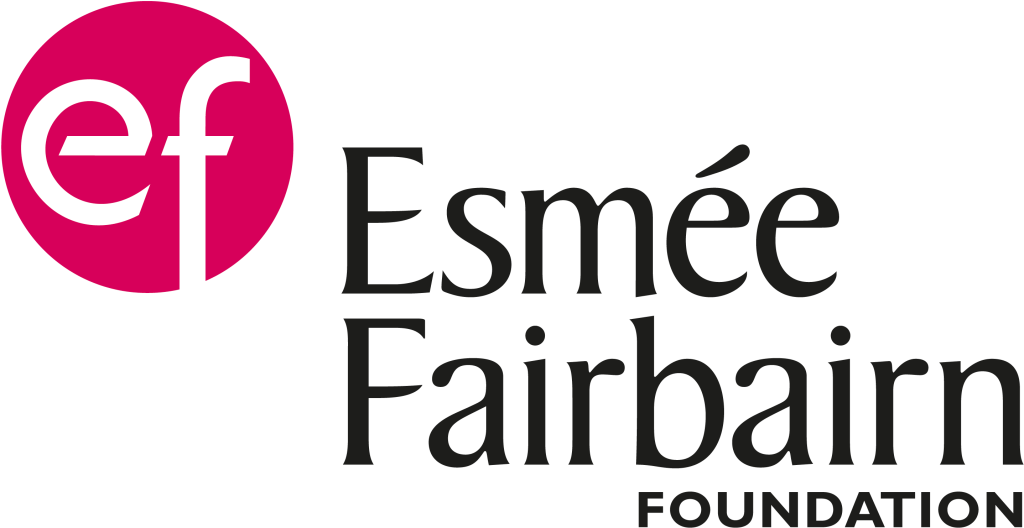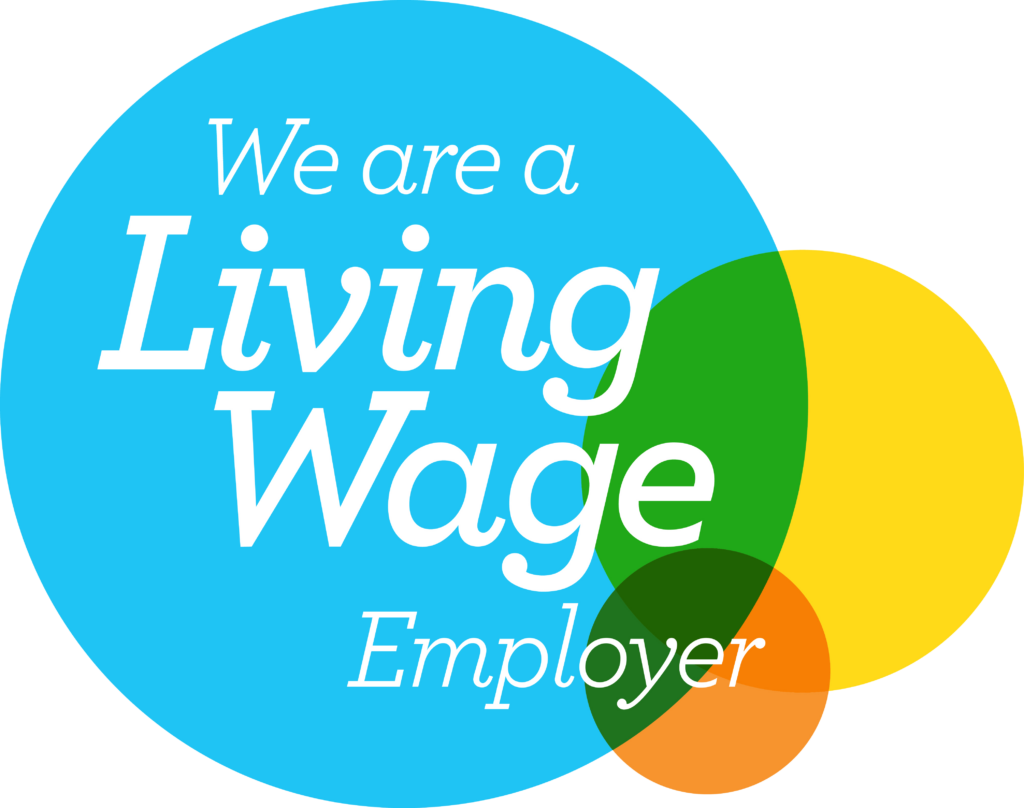“Is no one going to mention Ben’s ‘Get Shit Done’ door?” – Kafayat’s superpower is pointing out the elephant in any room, the assembled Zoom meeting falls about laughing and commits to getting our own version. Ben (Rothera, Bradford Producing Hub’s Training Programmes Producer) protests the Get Shit Done blackboard painted on the door behind him, isn’t his, but his co working buddy’s, who’s covid list remains unchanged after months.
This zoom meeting is a mix of producers, artists and performers from across the region bringing a spectrum of skills and experience. We’ve come from Bradford Producing Hub’s New Producer Training, Absolutely Cultured HIPI Programme and Compass Festival Young Producers Scheme, initially to discuss the Freelance Taskforce survey and make plans for the role of producers in the creative sector.
We’re all happy to see each other again after the initial meeting in November. We’ve kept up through an ongoing Whatsapp conversation, where the discussion has ranged from how to best advocate for producers as a role within the creative industries, mentoring etiquette, networking experiences and the US election. Covid has given us all time to reflect and generate a mood for action.
The mood in the room is resourceful, hopeful, but tired. We chat about having a lot to do – people are busy with their own work from producing to dancing to fundraising. News of real life gigs and performances are met with cheers, this is a supportive space. There is also the reality of a new year creeping up on us, with the familiar mid December chat of “it’s only 2 weeks till Christmas, I’ve so much to fit in” tempered with a strange feeling of ‘what just happened?!’ from the past 9 months. It’s a feeling I’m hearing from a lot of people.
There is exciting news to discuss too; £4’000 has been secured for this group to advance the conversations and put plans into action.
Daisy Hale -freelance producer, practitioner, artist and working group member of the Freelance Taskforce, is facilitating our discussion of next steps in what’s needed for the industry. The first half is centred around building a counter culture manifesto for producers and what a working toolkit might look like. They invite us to look at what we assume or perceive as the culture within the industry and how we can flip this to address it. Dais was clear they wanted us to acknowledge and speak about our own lived experience, rather than trying to speak for a whole sector.
We went into discussion groups to discuss Counter Culture and how we might practically build a counter culture within the creative industries. Our group talked about the expectation of being available (those 10pm whatsapp messages), to work quickly (could you just…) and a culture of things being urgent, but not necessarily important. Our counter culture centred on boundary setting – putting your work hours in emails – and sticking to them! Learning to say no to working for free or having a boundary for what working for free is for you – what do you get out of it cos that warm fuzzy feeling of appreciation doesn’t pay the bills and my favourite suggestion: The How To Say No Manifesto. We questioned is there a set rate for producers, if not why not? Discussions of a union to advocate came up again and parallels with Equity were drawn. I’d invite you to do the same counter culture exercise – think of a cultural norm within the industry you work in and flip it, how can you make it work for you?
Our draft manifesto looks like this:
-
Set boundaries and stick to them – put your work hours at the bottom of emails
-
Negotiating on budgets when asked to work for free – or just saying No
-
Indicate your intentions and be honest about whether something is important or urgent
-
Communication and understanding
-
Set the expectations clearly
-
How to say No – manifesto
-
There are other funders than Arts Council
-
Look at resources with an abundance mindset – no hoarding
-
Creation of a project planning toolkit as a standardised planning tool
-
The collaborative sharing of resources is positive
In the second half the meeting we chose practical discussion groups looking at approaches to self development training; if we had access to anything what would we build? Our group chose the Hands On approach – other groups looked at Knowledge & Skills and Contacts & Networking. Quickly we realise our Hands On group is purely Bradford folk – DIY or die baby! Our discussion is focussed on practical projects – how to gain hands on experience to build skills. We talk big about being mentored to produce programmes of work which are outside of our own fields – visual artists producing dance or comedians producing gaming festivals. That distance from a project can allow you to focus on the job at hand without being too ‘in love’ with a project. We talk about a shared information space for people’s skill sets and experience, practical active mentorships and allowing space for failure – a failure trampoline! Mentorships to help you realise what you want to develop and paid secondments out of your day job into active shadowing in a field you’re interested in and speed dating to practice selling your projects, and practice boundary setting (we’re still reflecting on our manifesto).
The feedback from the other groups is similar – a directory of people and their skills, those longed for coffee breaks where you spark something fresh, social media skills – which sparked a memory for me about cross generational mentoring from Bradford Social Lab – young people aren’t the only ones who need an experienced mentor, and age isn’t the only experience that’s valuable.
The meeting is drawing to a close and we’re keen to discuss the funding opportunities. It’s clear this pot is small for the big ideas we’re having and we don’t want to fritter it on tiny projects in 3 different places with no impact. There is a provocation to DM each other, keep the conversation going and develop the abundance mindset. It’s clear at the moment we’re having to think and chat our ideas out for free as is the culture of our industry. But it’s also clear that we’ve got the power and the will to change this – and potentially the budget.
It feels like at the end of a brutal year, mid-pandemic we’re asking a lot. It also feels like a committed, passionate group of people who can really make changes.
I’ll leave you with a message from the Producer Revolution Whatsapp group sent by Dais:
Sophie Powell










